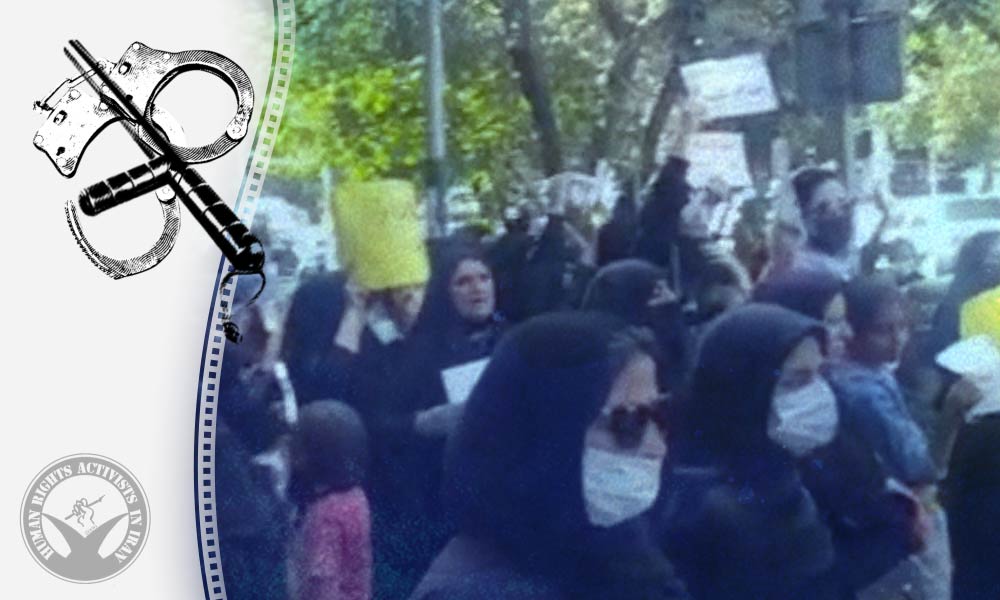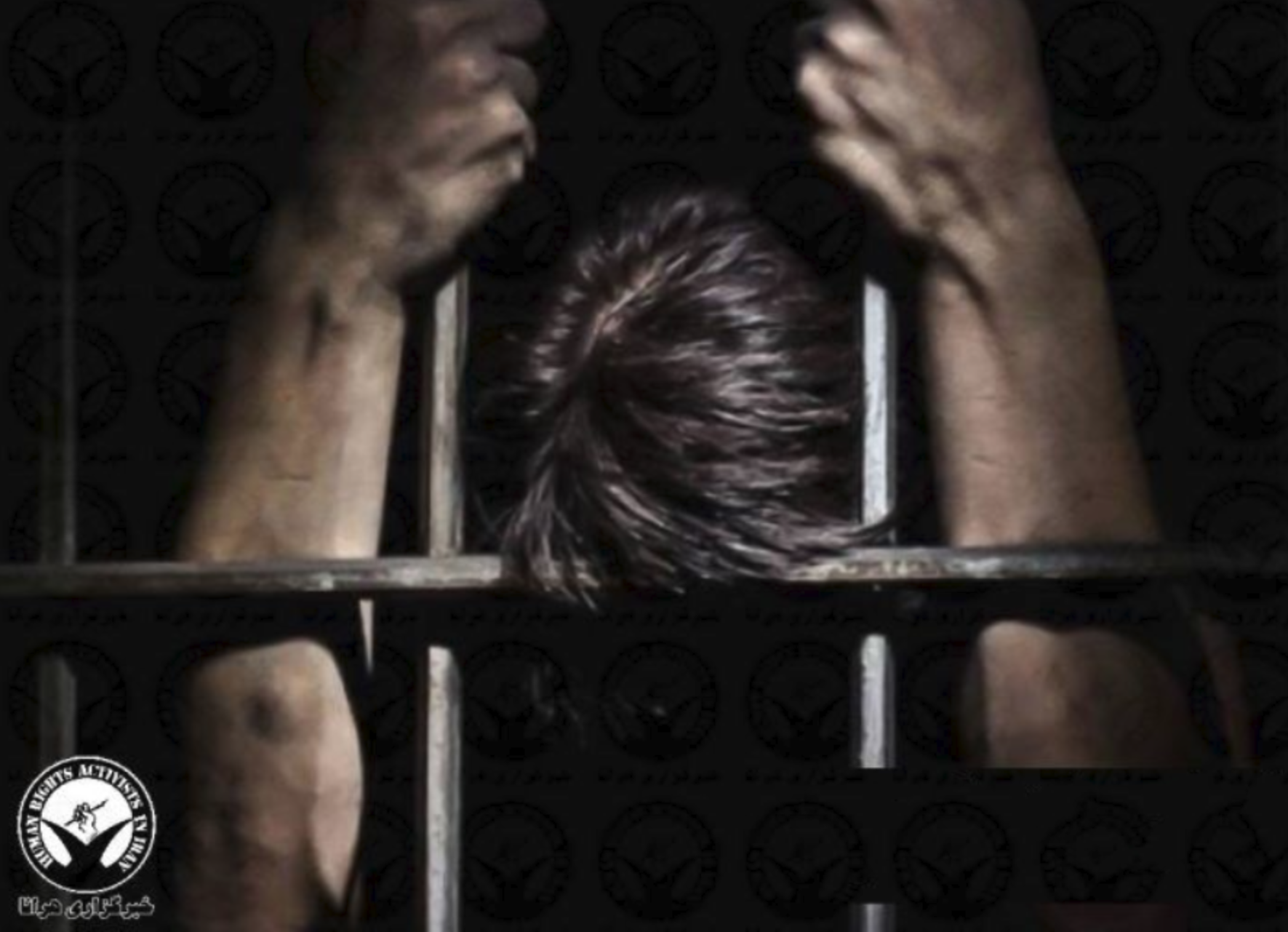Human Rights Activists News Agency (HRANA)- Family friends Zanyar and Loghman Moradi, two prisoners on death row in Rajai Shahr (Gohardasht) Prison of Karaj, were separately summoned from their respective wards on Wednesday, September 5th on the pretext of a meeting with the prison’s director. Instead, it is suspected that they have been transferred to a ward controlled by the Islamic Revolutionary Guard Corps (IRGC). Hours after the transfer, the prison telephone system inexplicably went dead.
The circumstances of their transfer felt all the more dubious the next day when, according to one of the prisoners’ family members, their families received a strange phone call: “Thursday, September 7th, an individual identifying himself as a ‘prison official’ called [us] asking [that we] come to the prison for visit. We are en route to Rajai Shahr [30 miles west of Tehran] in hopes of obtaining an update on these two members of our family.”
While this “prison official” gave no indication that the prisoners were scheduled to be executed, [a history of community experience with such circumstances gives the family reason to suspect] that the invitation to visit may very well be their last. Nonetheless, the family stores hope in their continued efforts to commute the family friends’ sentences and stay their execution.
Zanyar and Loghman Moradi were sentenced to death on December 22, 2010, on charges of “Moharebeh” (“enmity against God”), both accused of membership in Komeleh, a Kurdish opposition group, and for involvement in the July 5, 2009 murder of a Friday prayer Imam. [While their charges of membership in a Kurdish opposition party were tried in a revolutionary court, the Supreme Court ruled to direct their case to criminal court because their convictions and sentences were ultimately based on murder charges.] Both defendants previously announced that their confessions to murder were extracted under duress, intimidation, and torture at the hands of their interrogators.
Their most recent trial took place more than four years ago in the criminal court of Tehran, which, citing insufficient evidence and incomplete investigation of the case, forwarded their dossier multiple times to the authorities of Marivan (in the Kurdistan province) requesting they address its flaws.
Without accounting for all of the said deficiencies, Marivan court sent back the case, which has yet to be retried. Given the lack of concrete evidence against them, both prisoners would presumably be acquitted in a retrial; yet despite repeated requests from the defendants’ families for follow-up, and notwithstanding the courts’ legal responsibility to prevent unreasonable delays in criminal procedure, judicial authorities remain mum on the prospect of when–or even if–the Moradis might anticipate a more complete review of their case. The prisoners thus wait in a state of suspense over their fate, a wait which has grown more fraught with mounting concerns for their health.
Human rights organizations have been vocal in their opposition to the lack of due process and appropriate legal procedure that judicial authorities have thus far displayed in the Moradi case.
In May 2017, the Moradis wrote an open letter (1) to draw public attention to their case, their ordeal, and what they allege are false accusations constructed against them by security organizations.
On July 18, 2018, Zanyar Moradi’s father was assassinated by three gunshots in Panjovin, an Iraqi Kurdistan town near the Iranian border. His history of political activity, coupled with previous attempts on his life, raised suspicions that Iranian security forces were involved in his death.
Ramin Hossein Panahi

Ramin Hossein Panahi is on death row for similar political charges, i.e. ties to an opposition group similar to that of the Moradis. Parallels between the two cases and a lack of phone contacts from Rajai Shahr where he is currently being held in solitary confinement have heightened fears that Hossein Panahi, too, faces imminent execution.
Earlier this week, the Islamic Republic Judiciary executed three political prisoners in Zahedan (in southeastern Iran, home to the Baloch minority) in vindictive response to armed clashes that broke out between Iranian security forces and an armed opposition group.







